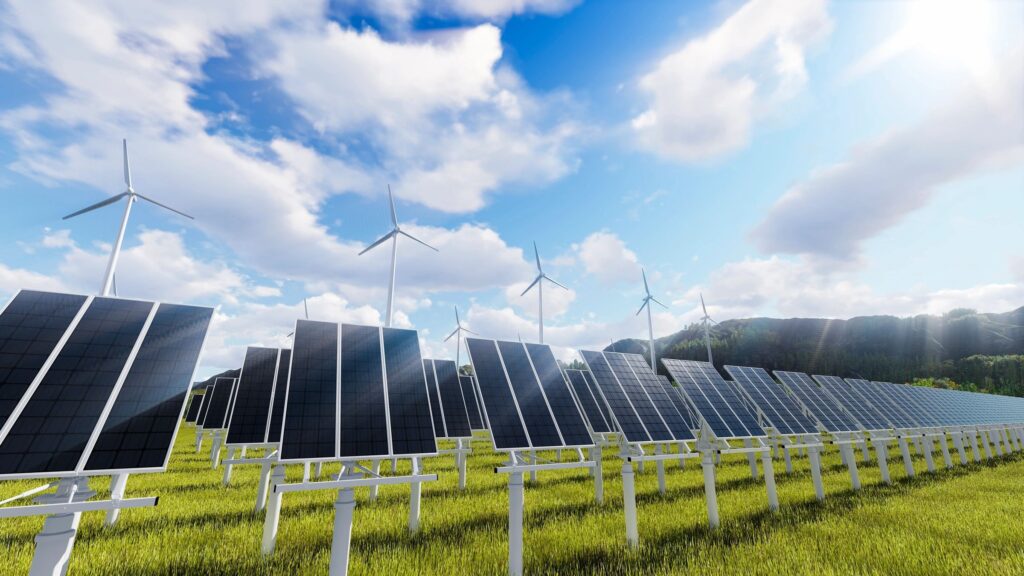
ATLANTA – Georgia Power pledged Monday to close nearly all of its coal-burning power plants and double its renewable energy generating capacity.
In documents filed with the state Public Service Commission (PSC), the Atlanta-based utility proposed retiring 12 coal-burning units by 2028, leaving only two units at Plant Bowen near Cartersville, which would be closed no later than 2035.
At the same time, the company plans to add 6,000 megawatts of renewable energy to its power generation portfolio, also by 2035. One megawatt is enough electricity to power 813 average homes.
Relying less on coal and more on solar power and other forms of renewable energy is being driven both by ever-tightening federal regulation of carbon-pollution emitting coal and by market forces, said Chris Womack, Georgia Power’s chairman, president and CEO.
“As operating coal [plants] has gotten more expensive, we’ve seen additional competitiveness of solar,” he said.
Georgia Power files an updated Integrated Resource Plan (IRP) with the PSC every three years outlining the sources of power generation it intends to rely on to meet the demands of its 2.7 million customers for the next 20 years.
While Georgia Power ups its commitment to renewable energy in the 2022 IRP, natural gas will continue to play a key role.
The IRP calls for the utility to acquire 2,356 megawatts of gas through power-purchasing agreements with other utilities.
“Renewable resources are mainly intermittent,” Womack said. “We need energy resources available around the clock.”
Georgia Power also plans to help offset the intermittent nature of renewable power by stepping up its commitment to battery storage, a technology the company first deployed with its last IRP.
In 2019, Georgia Power rolled out its first 80 megawatts of renewable power obtained through battery storage. The new IRP calls for exponentially increasing its development of battery storage to 1,000 megawatts by 2030.
The new IRP also calls for experimenting with “tall wind” technology by building wind turbines 140 meters to 165 meters high.
“At lower altitudes, you don’t get much wind in Georgia,” Womack said.
A spokeswoman with the Sierra Club said the IRP is a “step in the right direction.”
But Charline Whyte, a senior representative for the group’s Beyond Coal Campaign in Georgia, said the plan relies too much on natural gas.
“It’s time for Georgia Power to stop clinging to fossil fuel plants that pollute our air and water, needlessly increase costs for customers, and directly damage our climate,” she said. “Transitioning to clean energy would save customers money immediately, invest in our local economy, and provide good jobs here in Georgia.”
The 2022 IRP will be the subject of PSC hearings during the next few months, with a commission vote expected during the summer.
This story is available through a news partnership with Capitol Beat News Service, a project of the Georgia Press Educational Foundation.
